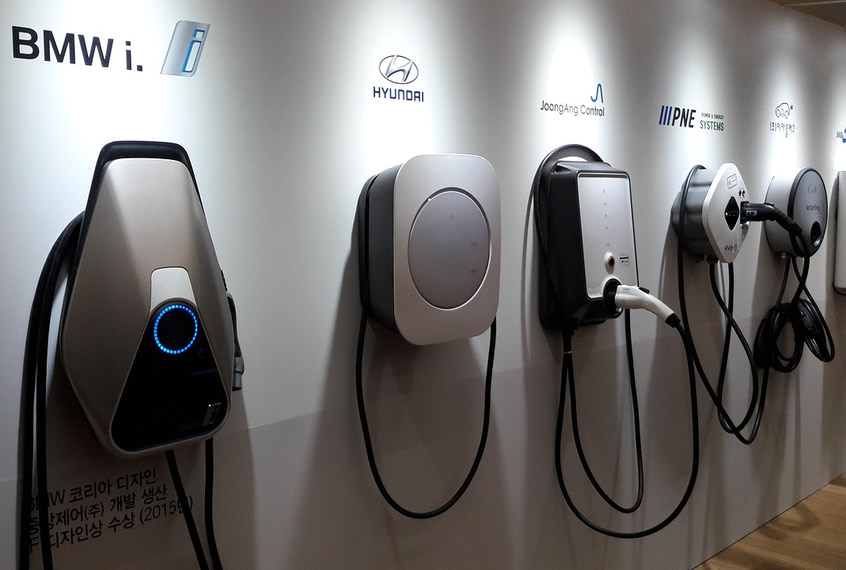Only 5% of all vehicle technicians are currently qualified to work on electric vehicles

An open letter from the CEO and President of the Institute of the Motor Industry (@The_IMI):
The government has made the decision to end the sale of new petrol and diesel vehicles in 2030. But compressing the transition timescale means we must now accelerate the detailed implementation.
One of the biggest challenges – that no-one’s yet talked about – is how to develop the workforce to service and repair a nation of electric vehicles.
Here’s something you may not know: to work on any vehicle that includes an electric battery requires a completely different set of skills to those needed to work on a petrol or diesel vehicle. Without those skills, serious injury or death is a very real prospect. Think about this next time you take your hybrid or full electric vehicle to be serviced.
Yes, we have Electricity at Work regulations, but right now only 5% of the technicians working in garages and dealerships are appropriately qualified to work on these vehicles. This is the real context to the government’s Green Plan. Unless we start to discuss these issues, that plan will be compromised and – much more important – the UK won’t meet its net zero targets and we’ll imperil our next generation’s future.
It’s inspiring to see how quickly automotive manufacturers are adapting their ranges to transition to more hybrid and all-electric vehicles. Consumers are responding to this, with sales of these vehicles rising rapidly. But anyone who wants to make a green choice, whether it’s full EV or hybrid, needs to know that they can access technicians able to work safely on these vehicles.
Right now, though, the chances of finding qualified technicians are reducing.
Today 5% of the UK automotive workforce – between 13,000 and 20,000 technicians – are working on around 380,000 plug-in cars and vans. Ramp-up the numbers based on the government’s Green Plan and the capacity is simply not there to support the transition the government wants.
COVID-19 has intensified the problem by disrupting any training plans that might – just – have got the sector the critical mass it needs. Some 6,500 certificates for working on electric vehicles were issued in 2019. If that rate had continued, the minimum required qualified technicians would potentially have been reached by 2030. However, Q2 2020 certification numbers were down 85% compared to the same period in 2019.
What’s the answer? As a country, we urgently need a concerted, ongoing workforce development strategy. The automotive workforce is already behind in the skills required for these emerging technologies – through no fault of its own. Embattled employers need support and incentives to get more of their technicians trained, and to re-ignite recruitment and apprenticeship plans.
Electric is the right choice – for the environment, for jobs, for our children’s futures. But like all revolutions, this one requires fuel. The fuel of skills. We have a generation that’s wondering just where their future might lie.
The IMI’s appeal is this:
- Let’s make it possible for anyone excited by the electric revolution to acquire the skills they need to become part of it.
- Let’s enable employers to enter 2021 with the confidence to train and retrain existing employees.
- Let’s give employers the tools – and, yes, the funding – to develop fresh, hungry talent through exciting apprenticeship opportunities.

%20V5%20compressed_0.jpg)











Responses